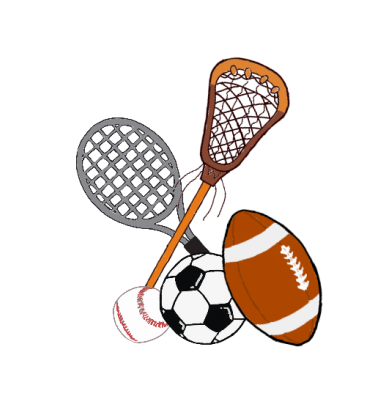The Oracle’s guide to independent exercise
Maintain a schedule.
When training for a sport on your own, one of the key points is to maintain a schedule. Although it may be difficult, keeping a consistent routine is crucial in maintaining progress and building endurance. To start, train a few days of the week until you’re more comfortable with the intensity. Then, gradually progress to five or six days, while ensuring safety and a well-balanced diet to fuel your body.
Remember to give your muscles a break.
Although consistent training and progressive overload is necessary for improvement, it’s also important to relax and give your muscles a chance to rest. When athletes overtrain, their muscles are more prone to contract and tighten, potentially ruining their ability to continue their training. In the case that muscle soreness becomes overwhelming, use a stiff ball or foam roller to release tension in those areas. This method will help loosen and relax muscles, and it’s a fairly quick and simple method for optimal muscle recovery before or after a workout.
Get in the right headspace.
Intense training can not only be brutal on the body, but on the mind as well: having the right attitude and mindset is imperative to maintaining overall health. One method to get in the right headspace is to workout with a friend. Creating a group environment promotes both a friendly competitive nature while also holding each other accountable for staying focused and accomplishing goals. This method can help training feel more fun and lighthearted, rather than the seriousness it can be at times. If training with others is too distracting, listen to motivating and upbeat music. This brings a more energetic and fun vibe while exercising, as fitness does not always need to be miserable.
Drink enough water.
Finally, a very important and often forgotten training necessity is to drink enough water. The connective tissue that attaches muscle is mainly composed of water; thus, if a person is dehydrated, their muscles become “glued” down, causing performance levels to substantially decrease. Aside from that, water is essential because when our bodies regulate internal temperature during exercise, sweat is released. Therefore, drinking water during a workout–and throughout the day–replaces the water lost during the process. Try labelling a water bottle with times of the day and the amount of water to drink by that given time; another method is to set alarms or reminders on your phone. With intense training, drinking water is vital for your overall well being.
Your donation will support the student journalists of Henry M. Gunn High School. Your contribution will allow us to purchase equipment and cover our annual website hosting costs.

Hila Livneh is currently a senior and one of the Centerfold editors. She loves exploring San Francisco, rock climbing and listening to new music.




